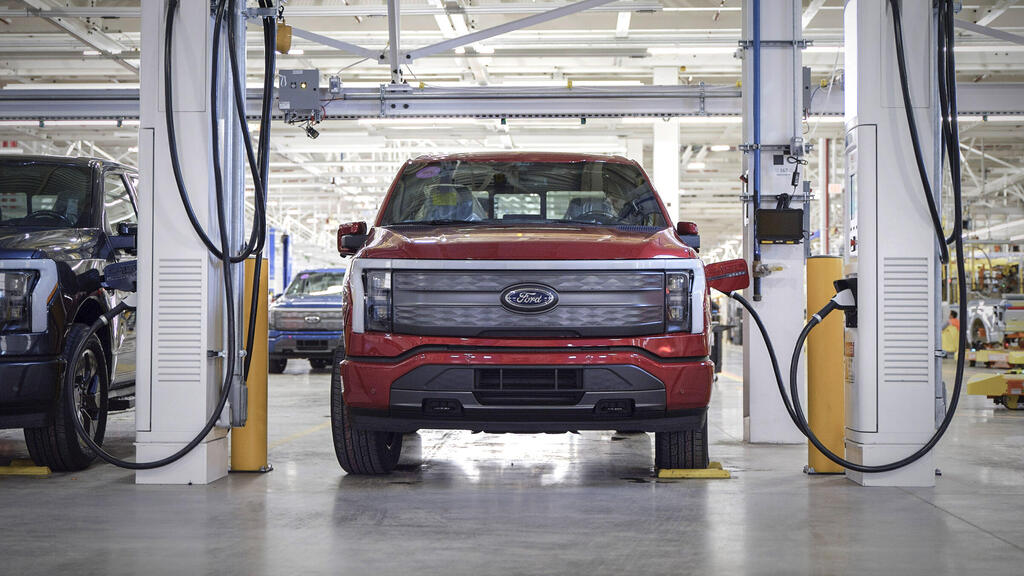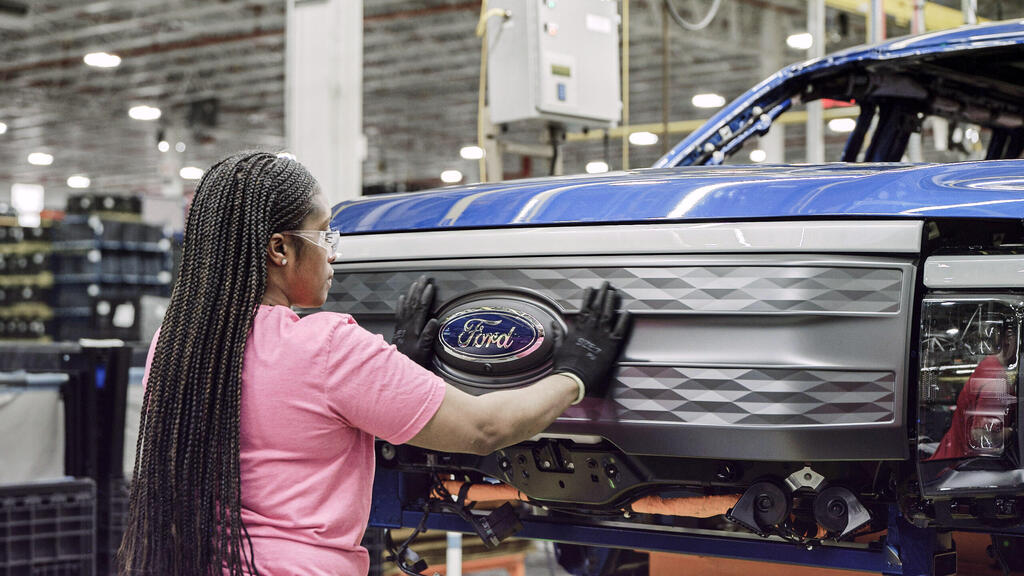Rethinking its strategy, after investing billions of dollars in the development of large and expensive electric models, including the Mustang Mach E and the F-150 Lightning, both of which faced disappointing market reception, the Ford conglomerate has announced a change in direction.
Read more:
In the future, the company will focus on developing a platform for smaller and more affordable electric vehicles, capable of generating profits within a shorter timeframe.
At Ford, it is estimated that the current year will end with a loss of around $5 billion solely on electric vehicle production, prompting them to already initiate efforts to reduce production of the current model lineup. This comes after senior figures in the American automotive industry labeled Chinese manufacturers as "a significant strategic threat."
Ford's CEO, Jim Farley, also stated during the Global Auto Conference held in New York, "If you can't compete equally against the Chinese worldwide, then 20-30% of your revenue is at risk. It's a problem we need to address."
According to Farley, a larger electric vehicle, such as the Ford Escape (known more commonly as the Ford Kuga), can only be cost-effective when used for work purposes. In smaller segments, however, the purchase and maintenance costs of electric vehicles are lower and can be economically viable compared to purchasing models with gasoline engines like the Toyota Corolla, Honda Civic, or even light trucks like the Ford Maverick.
"Although it may seem like a loss-making step right now," noted Farley, "a small electric platform can be profitable relatively quickly."
Our take: We didn't need the statements from Ford executives, nor those from Stellantis and Renault, to understand that so far only the Chinese have succeeded in marketing electric cars at affordable prices. In Israel, there are currently 25 electric models priced under 200,000 shekels, with 15 of them originating from China and occupying about 90% of their price segment sales.
Recently, Western manufacturers have begun to shift gears and present plans for electric models at more accessible prices - such as the Citroen eC3, Jeep Wrangler, Renault 5, Volkswagen ID.2, and more. Ford is finally joining this trend, but we have a feeling that the last word from the Chinese in their direction has yet to be spoken.



